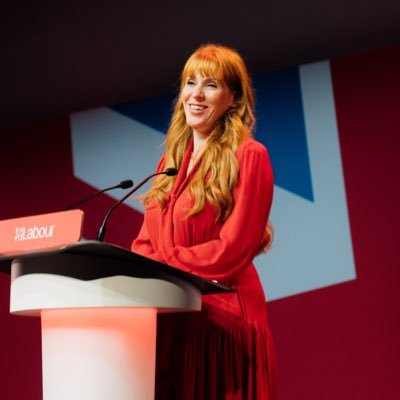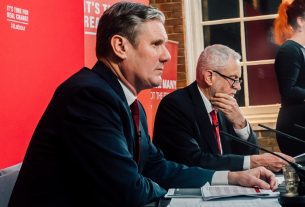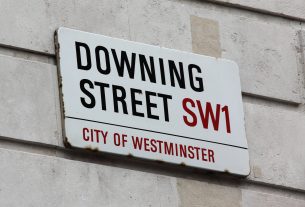Angela Rayner has pledged her “number one focus” will be delivering “houses for the future” with the” biggest boost” to affordable housing for a generation, if Labour wins the next election.
Rayner – Labour’s deputy leader and the shadow housing secretary – has vowed to get tough with developers and reform planning laws to “unlock the blockages” and boost house building.
Labour will seek to surpass the Conservatives’ undelivered promise and build more than 300,000 new homes a year, Rayner told BBC Radio 4’s Today programme.
She is set to layout the plans to the party’s conference in Liverpool on Sunday (October 8) and before the speech, Rayner said: “If I get into government, if we’re fortunate enough that the British people give us that opportunity, then my number one focus is to deliver on making sure we’ve got those houses for the future.”
The policy will give local authorities more powers to negotiate with builders while introducing experts to stop developers “wriggling out” of their affordable housing obligations under section 106 rules. Rayner said a Labour government will also make it easier for councils to use funds from the sale of right-to-buy houses to build new homes and free them up to use grant funds to buy housing stock which can then be rented out.
Rayner said the new policy will help Labour deliver the “biggest boost to affordable housing for a generation”.
The Guardian reports that housebuilding in England will “fall to its lowest level since the second world war owing to government policies that threaten to dramatically slow development.”
Rayner told the newspaper: “The whole housing market has been destroyed because we’ve had three decades of nowhere near enough social housebuilding. Labour will ensure we deliver the biggest boost to affordable housing for a generation. If we don’t crack the nut now then the situation is only going to get worse.”
Elsewhere, figures released by mortgage provider Halifax show house prices in the UK have dropped for the sixth consecutive to September.
Compared to 12 months ago, house prices were 4.7% lower this September – a faster fall than that recorded in August which showed a 4.5% drop – and the largest contraction since 2009.
At £278,601, the average house is now £15,000 cheaper than its peak £293,500, reached in June 2022. Despite the fall, the price is still £39,200 higher than the pre-pandemic average of February 2020.
Director of Halifax Mortgages said rising borrowing costs because of higher interest rates means “homeowners inevitably become more realistic about their target selling price, reflecting what has increasingly become a buyer’s market”.
The Bank of England kept the base rate unchanged at 5.25% last month – the first time in 14 months that it did not raise the interest rate in its battle to curb inflation.




